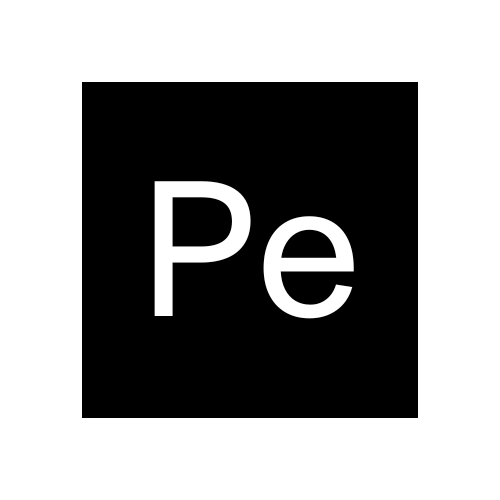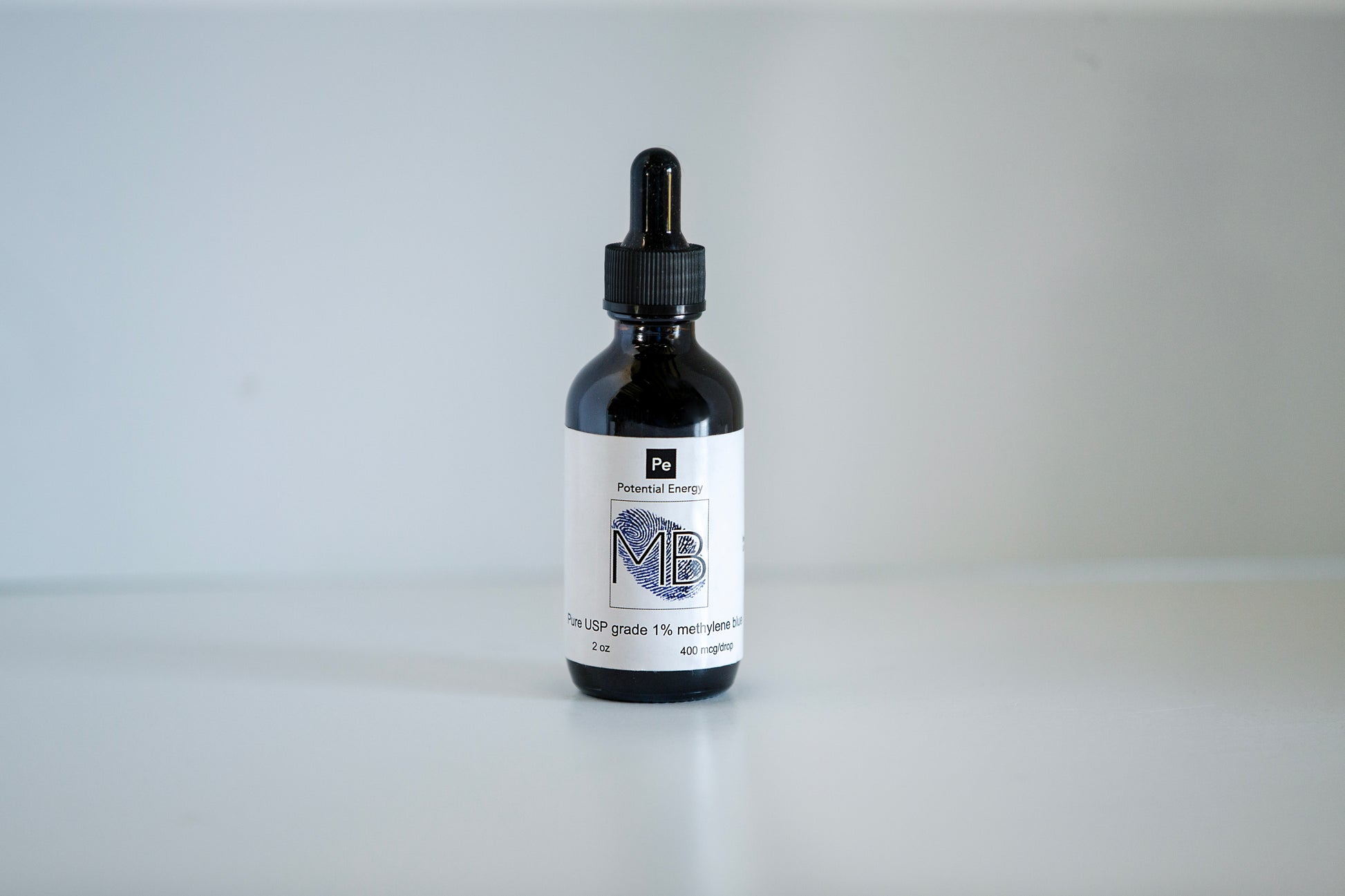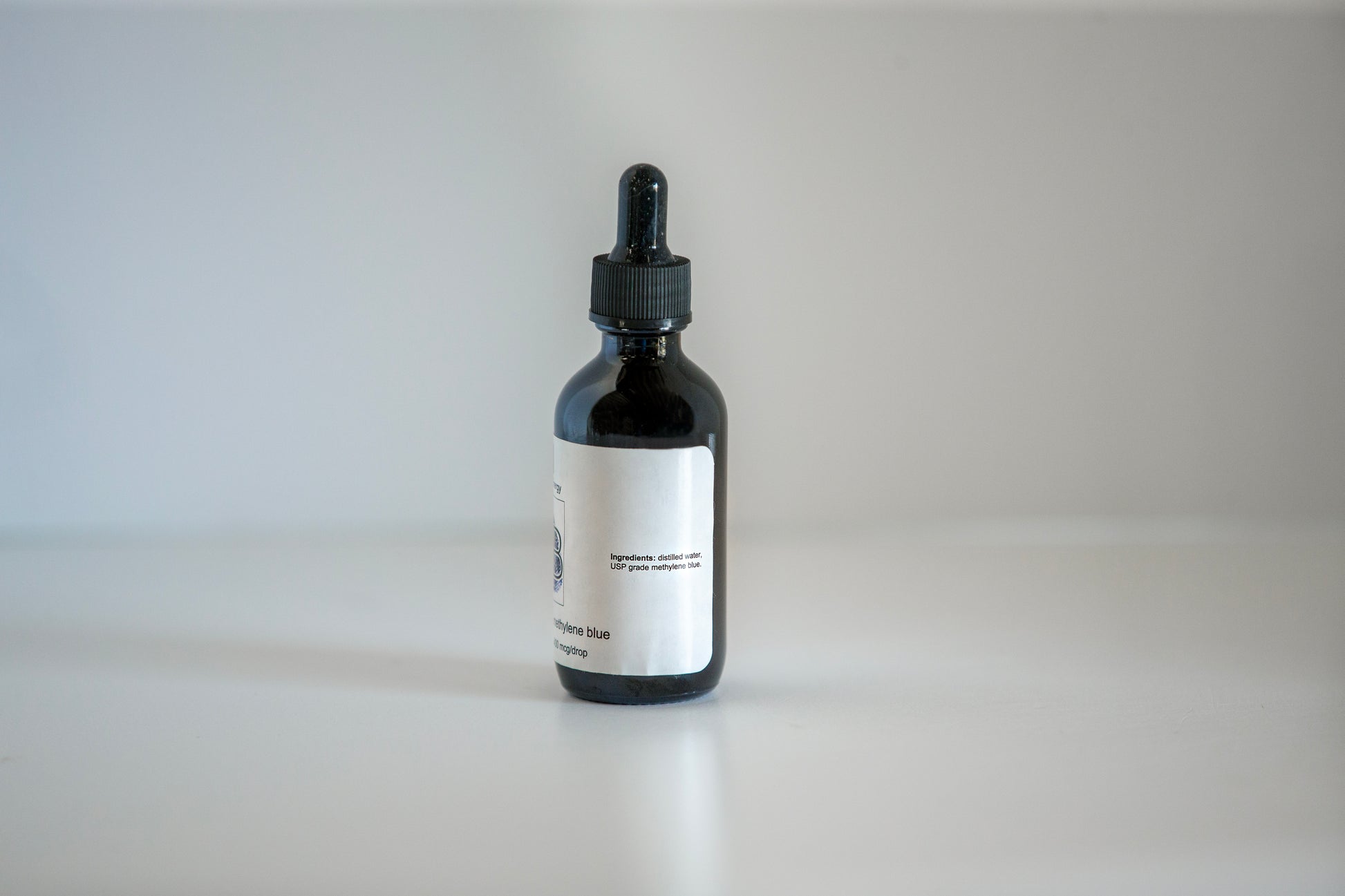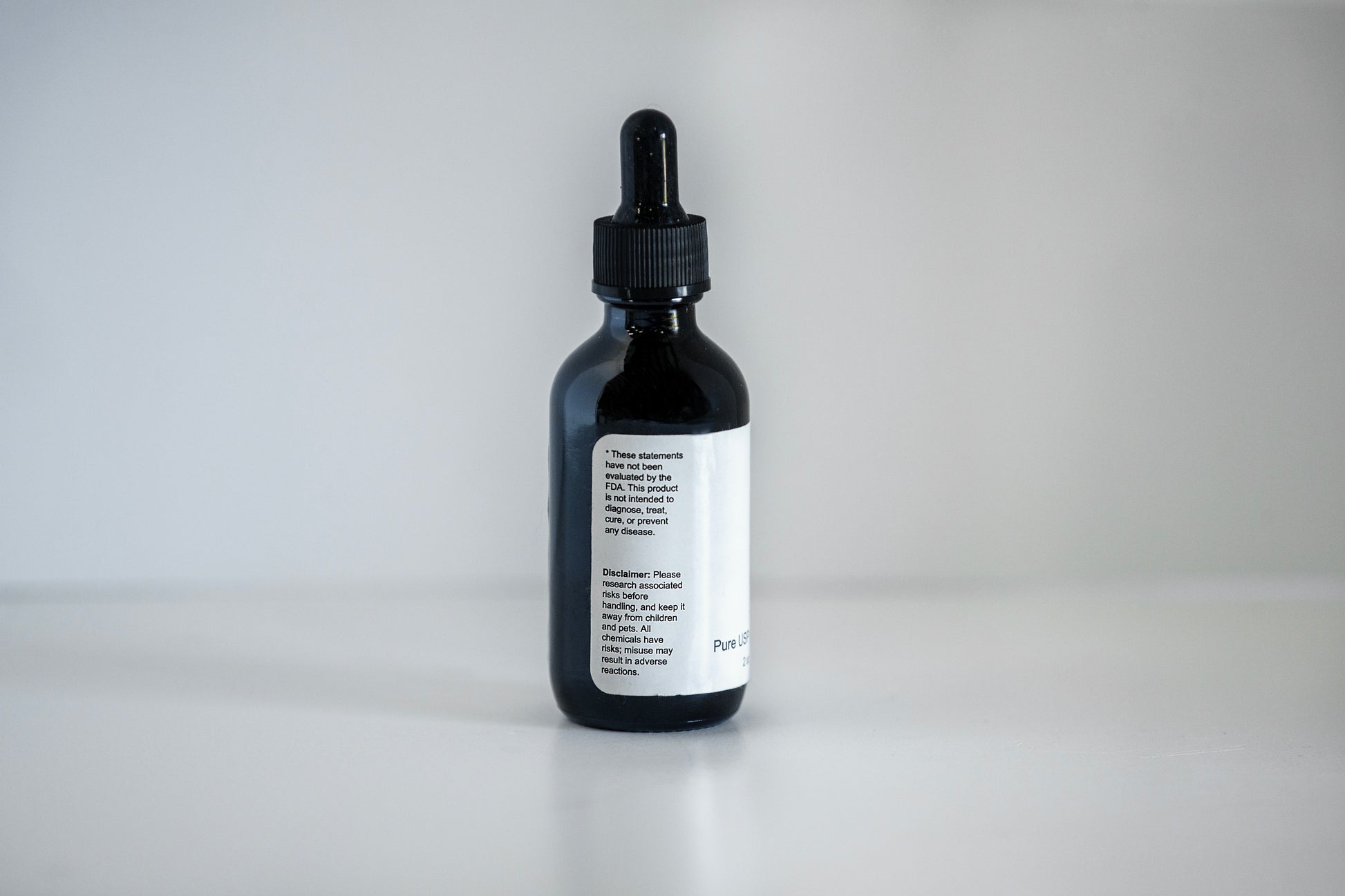1
/
of
3
Methylene Blue
Methylene Blue
Regular price
$60.00 USD
Regular price
Sale price
$60.00 USD
Unit price
/
per
Shipping calculated at checkout.
Couldn't load pickup availability
2 oz bottle of USP grade 1% Methylene Blue. 400mcg/drop
Share
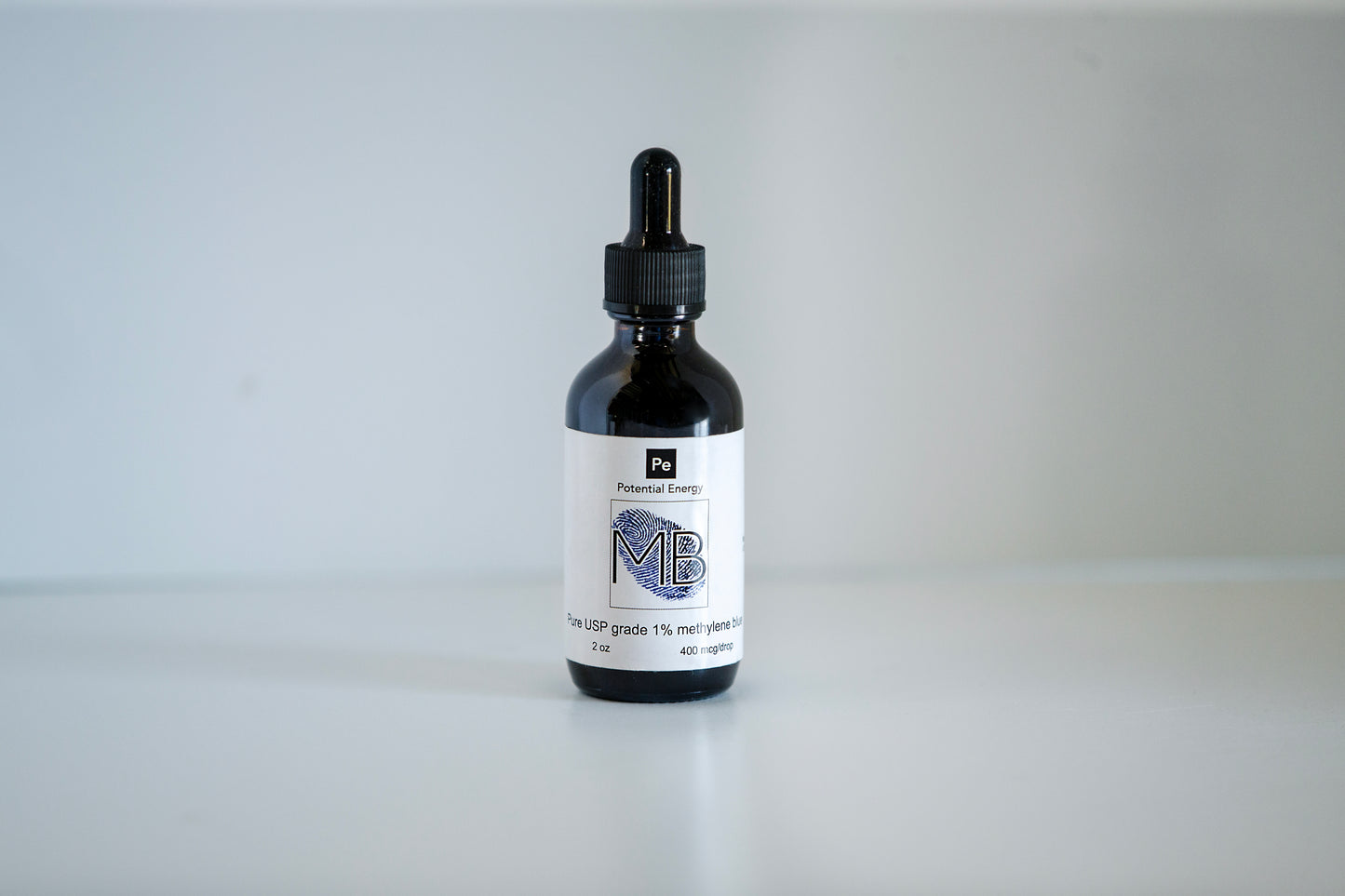
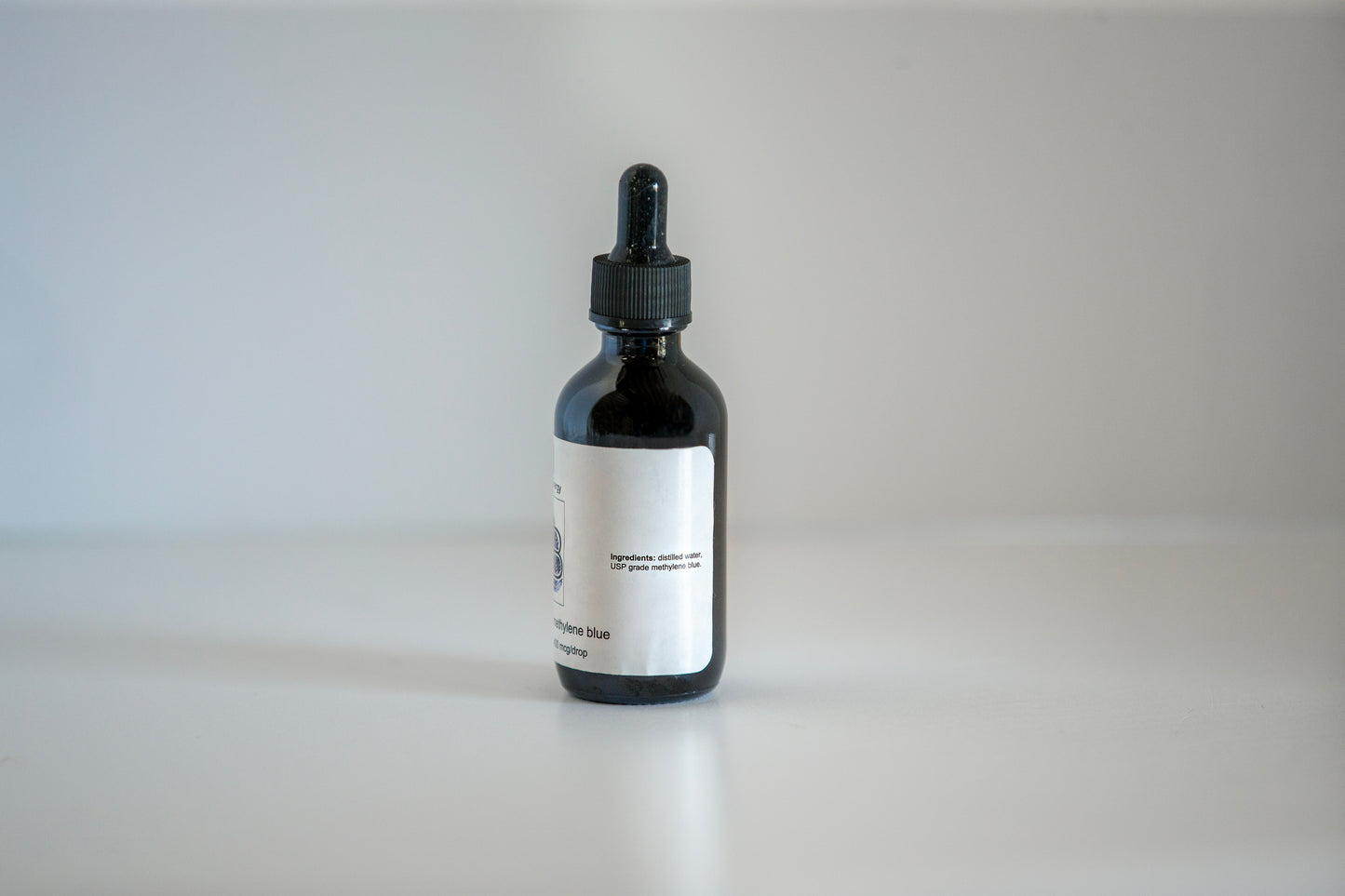
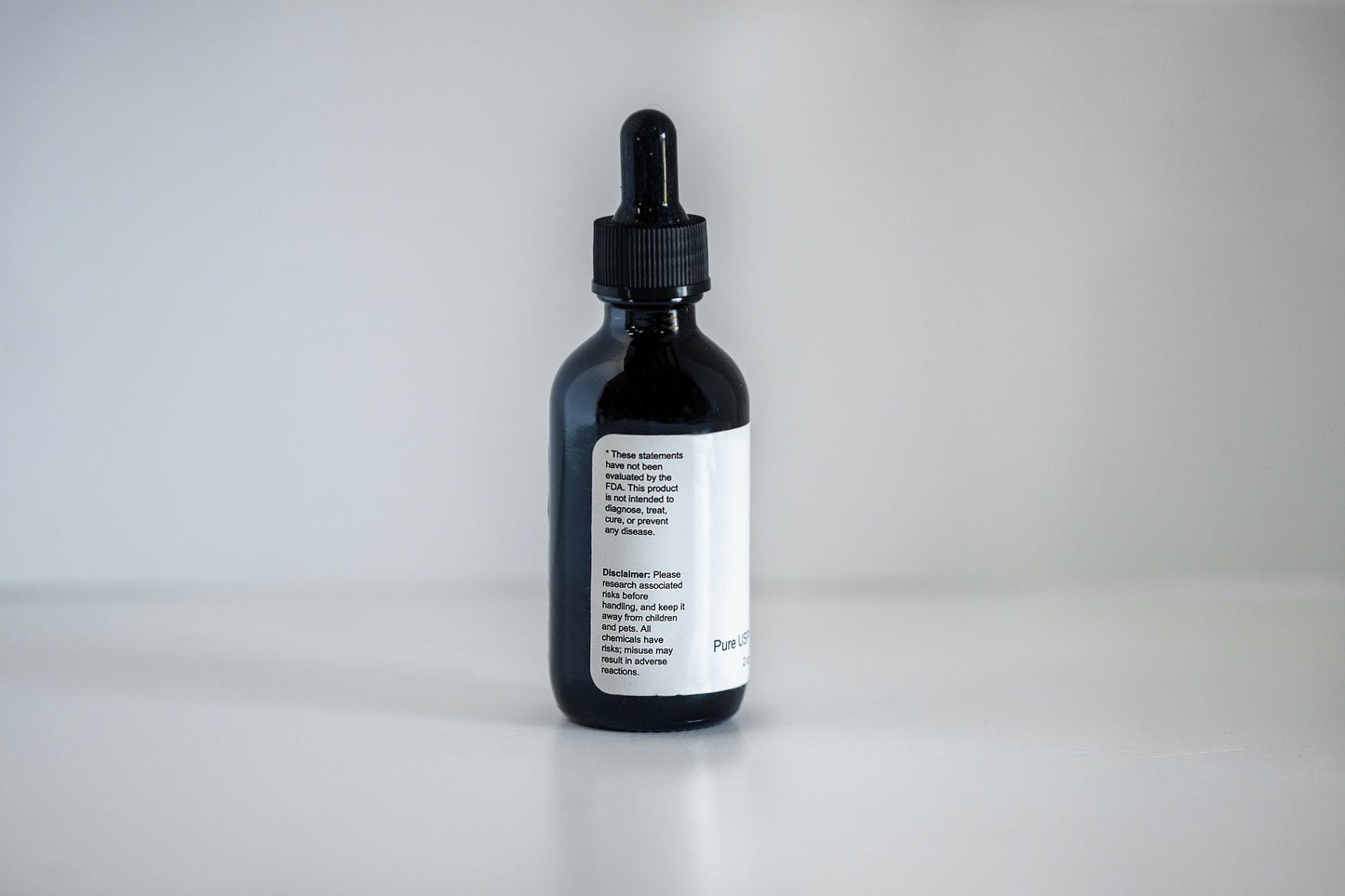
These studies suggest that methylene blue has potential in treating brain diseases, improving neurological function, and addressing neuropsychiatric disorders such as depression, but caution is needed due to its inhibitory effect on monoamine oxidase A (MAOIs)
